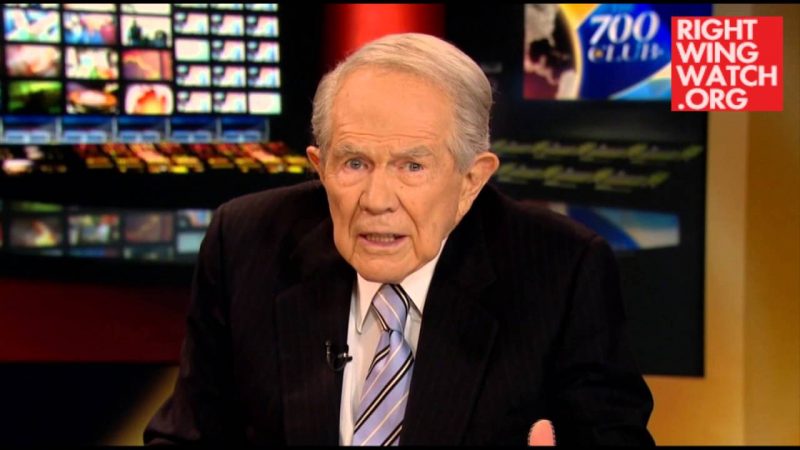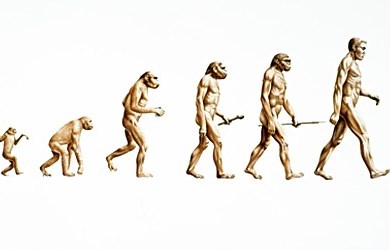Today’s installment of Random Book Blogging comes from “A History of the End of the World: How the Most Controversial Book in the Bible Changed the Course of Western Civilization” by Jonathan Kirsch.
In this excerpt, Kirsch is discussing the impact made by end-times theology as explained in the book “The Late Great Planet Earth” by Hal Lindsey:
The countdown clock for doomsday, Lindsey argued, began with the establishment of the modern state of Israel, and he interprets various fragments of biblical text to confirm that the end will come within the lifetime of the generation that witnessed its rebirth in 1948. On the assumption that a generation is equivalent to forty years, Lindsey suggests in The Late Great Planet Earth, first published in 1970, that the Rapture will take place in 1981, followed by seven years of persecution under the Antichrist and then, in 1988, the battle of Armageddon and the second coming of Jesus Christ.
Lindsey, of course, was proven wrong. As the year 1981 approached and the Rapture seemed no nearer, he rechecked his end-times calculations and offered a slightly revised schedule in The 1980s: Countdown to Armageddon (1980). After the collapse of the Soviet bloc in the early 1990s, however, he was inspired to offer a new end-times scenario in Planet Earth 2000 A.D. (1994): Islamic fundamentalism rather than the Red Army will be the final adversary of Jesus Christ at the battle of Armageddon, although he insists that “the ‘collapse’ of Communism is part of a masterful game of deceit engineered by Mikhail Gorbachev and the Soviet KGB.” Still later, Lindsey offered another insight into the workings of Satan: UFO sightings, he argued, are “deceptive ruses by demons, who will soon stage a massive UFO landing to mislead earthlings into believing in life on other planets.”
Lindsey himself, like Father [William] Miller, remained cheerful and unchastened even though his prophecies proved to be wrong and his revisionist works failed to achieve the same stellar sales that had been racked up by The Late Great Planet Earth. As it turned out, Lindsey had achieved something new, significant, and enduring in spite of the manifest failures of his prophecies: he played a crucial role in leveraging the apocalyptic idea of the fundamentalist churches and into the mainstream of American civilization. Among his 20 million readers, for example, we a man who would take the book of Revelation out of the tent meeting and into the White House.
…
[Ronald] Reagan appears to have been a convinced readers of The Late Great Planet Earth. “Every one of Lindsey’s proposals for domestic and foreign policy,” insists Stephen D. O’Leary, “was part of Reagan’s campaign platform.” To hear Lindsey himself tell it, Reagan was eager to win over the American military establishment to apocalyptic true belief. With the president’s blessing, Lindsey asserts, he was invited to brief Pentagon war planners on the divine implications of nuclear war with the Soviet Union. And Reagan invited televangelist Jerry Falwell, another prominent and outspoken apocalyptic preacher, to attend briefings of the National Security Council and deliver the same sermon.








